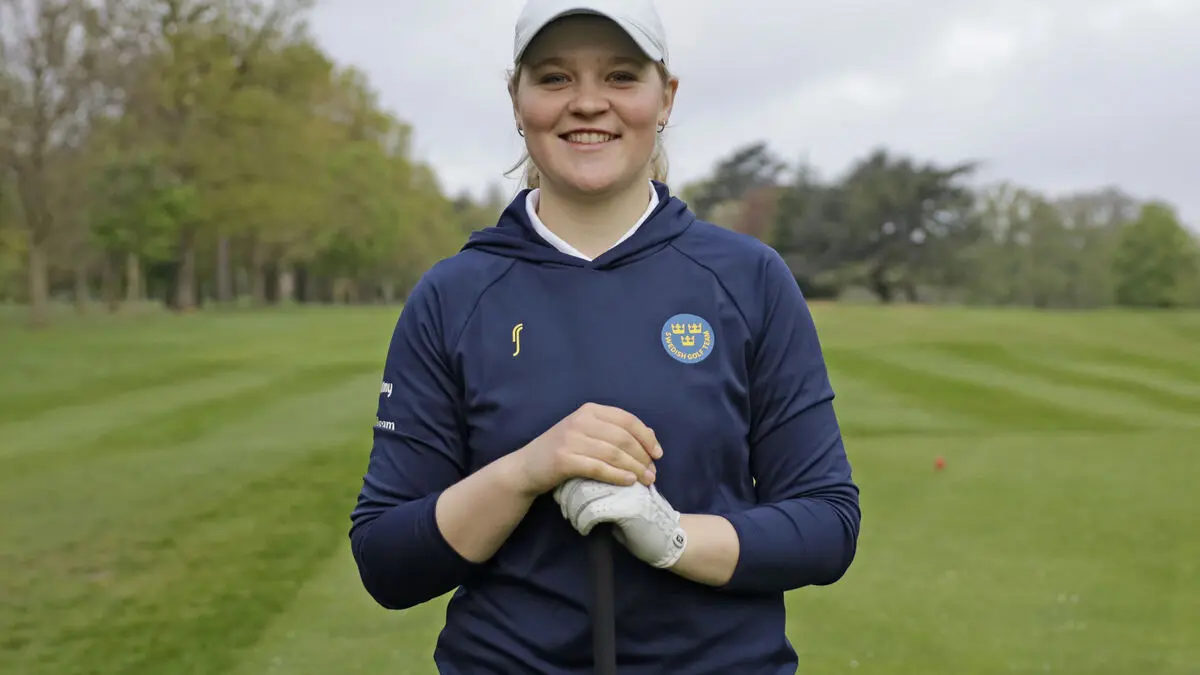The idea began to take shape a couple of years ago. In an era where screens are present almost constantly and everywhere, David Olsson, coach of the girls' national team, and Ronnie Andersson, coach at Riksidrottsgymnasiet in Uppsala, wanted to try something new.
The screen-free trip to Valencia took place in October. The management duo and seven players aged 15 to 19, who had all chosen to take on the challenge, encountered "problems" almost immediately.
How are we going to get from the airport to the house where we lived? How are we going to get from there to the golf course? We took the wrong turn so many times and it took a lot of time. But it was also fun, something to laugh about, says 18-year-old Blondie Persson Lidgren.
“Disrupts our concentration”
Now she is back home on Swedish soil, with almost exclusively positive aha-experiences from the trip.
We realized that it (the mobile phone) probably disrupts our concentration a bit, our focus becomes worse. Compared to others, I may still have an okay balance, but I still feel an attraction to it. If it beeps during a workout, I will probably stop what I am doing, or the focus will end up on “who was that writing?”.
She believes that it is especially important for golfers to think about how to use their mobile phone, given what a slow sport it is.
We have the chance – or the risk – to use it out on the field. And when we train, we often do our own training, it's not like a football practice where the coach gets angry if you're standing there and using your phone.
The stay in Spain began with a competition followed by a training camp. Normally, the players often make daily calls home to their parents to report on how the competition is going. Now David Olsson felt that the players instead had time to analyze and reflect on the competition in peace and quiet – and that they then had an easier time "letting it go" when the training camp began.
The leaders' plans to possibly let the players have their mobile phones for ten minutes – sometime in the middle of the trip – came to nothing.
The players saw it a bit more as a competition. That they wanted to do without their phones, says Olsson.
“So much fun”
Blondie Persson Lidgren had mixed feelings once the trip was over.
"We were still in a bubble and had so much fun and there was such a strong community. I almost thought it was a shame to leave it. And the only thing I get now instead is like Instagram and Snapchat," she says.
The girls' national team has traditionally been screen-free during lunches. Whether they will put away their phones in other contexts in the future remains to be seen.
There are many good purposes for using the phone, for example when filming the swing. But I think we need to help the girls find strategies, because it is a battle that is not easily won if the phone is in their pocket, says David Olsson.
The Public Health Agency's recommendations for screen time for children and young people:
0–2 year olds: Preferably no screen time at all.
2–5 year olds: Max 1 hour.
6–12 year olds: Maximum 1–2 hours.
13–18 year olds: Maximum 2–3 hours.
+ The recommendations concern leisure use, such as social media, video clips, films, TV and computer games.
+ However, listening to music, podcasts, e-books and school-related screen use are not included in the time estimates.






